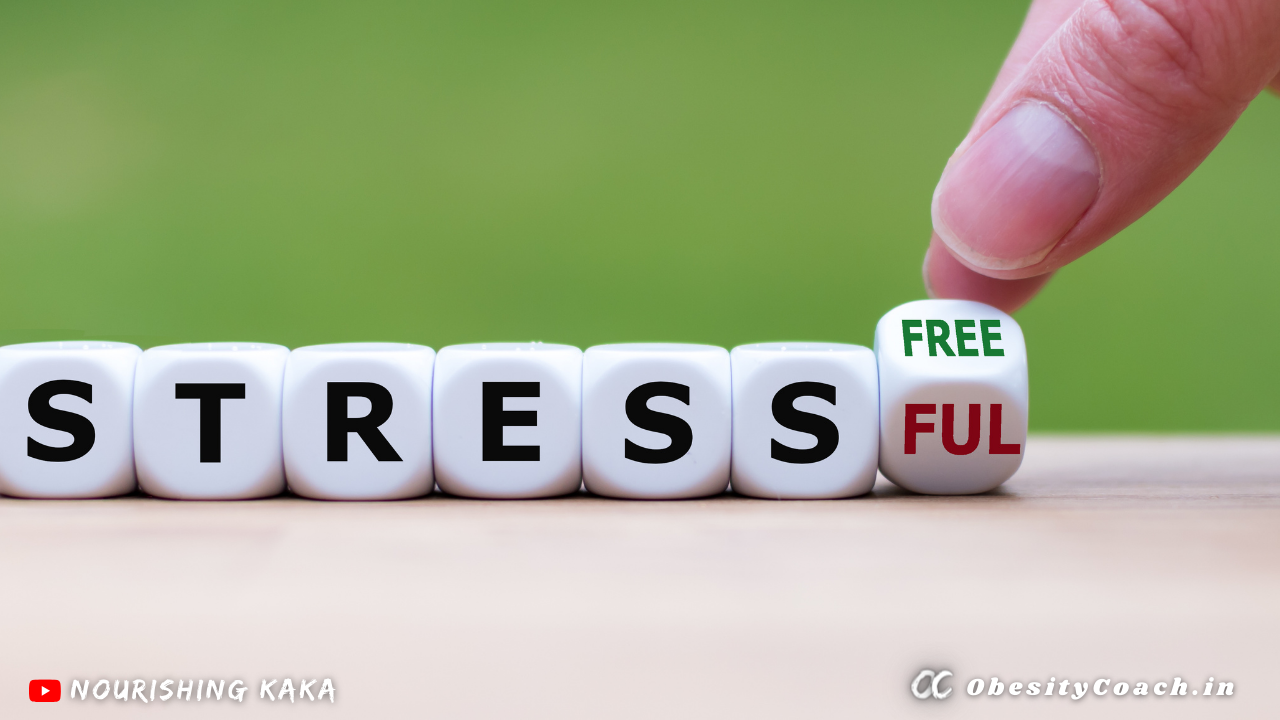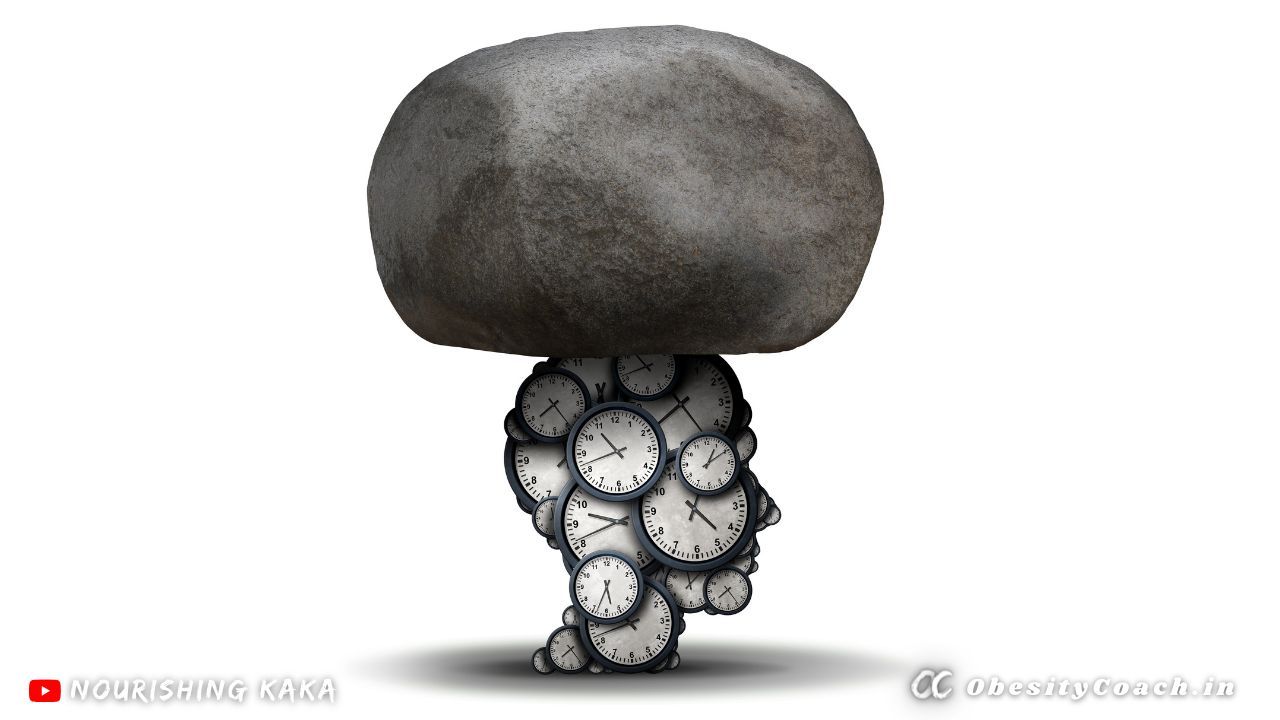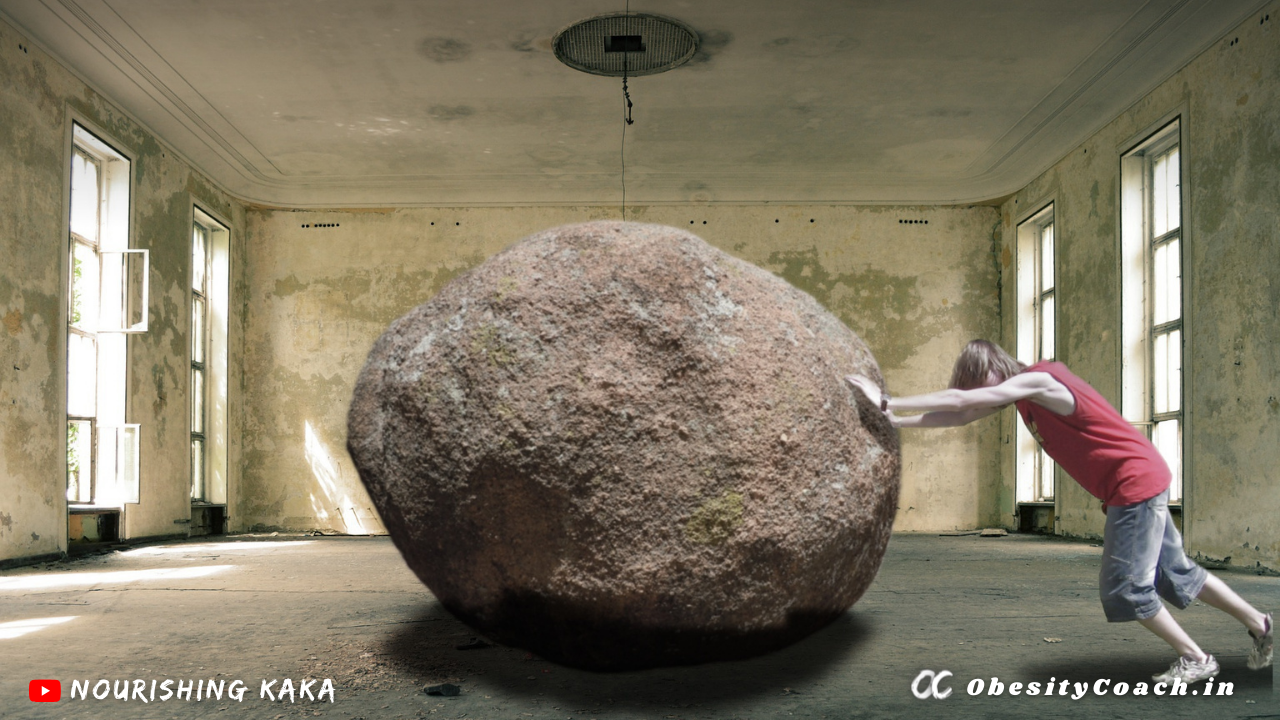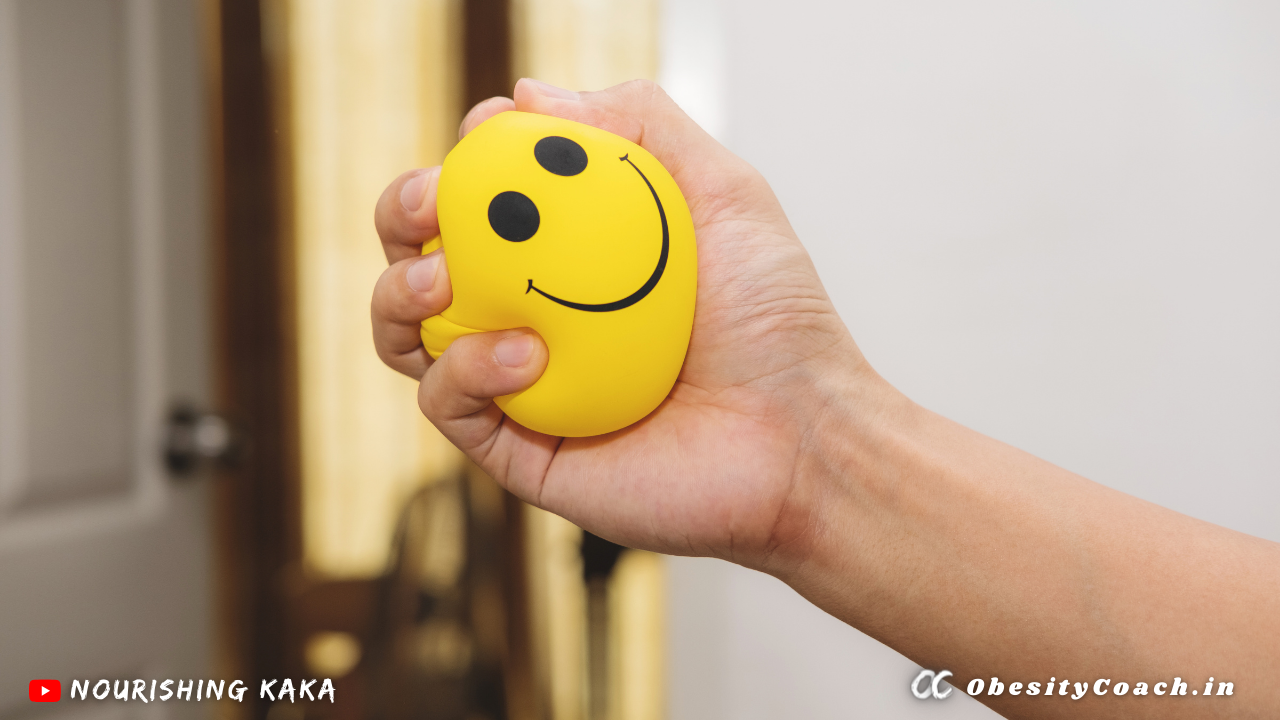Acute stress vs Chronic stress
Acute stress and chronic stress represent distinct forms of stress that differ in duration, intensity, and impact on an individual’s well-being. Here are the key differentiators between acute stress and chronic stress

Duration
Acute Stress: Brief and short-term, typically triggered by specific events or situations.
Chronic Stress: Persistent and long-term, enduring for weeks, months, or even years, resulting from ongoing or repeated stressors.

Onset and Triggers
Acute Stress: Triggered by immediate stressors such as tight deadlines or sudden challenges, resolving once the stressor is removed.
Chronic Stress: Arises from prolonged exposure to stressors like work pressures, financial difficulties, relationship issues, or health concerns, persisting over an extended period.

Intensity
Acute Stress: Intense but temporary, activating the body’s “fight or flight” response to address a specific threat.
Chronic Stress: While not always as intense as acute stress, its prolonged nature can lead to continuous activation of the stress response, potentially causing lasting physiological and psychological effects.

Physiological Response
Acute Stress: Rapid release of stress hormones (e.g., adrenaline) and increased heart rate, preparing the body for an immediate response.
Chronic Stress: Prolonged elevation of stress hormone levels, resulting in sustained physiological changes like elevated blood pressure and compromised immune function.

Adaptability
Acute Stress: A normal and adaptive response aiding individuals in coping with immediate challenges, part of the body’s natural defense mechanism.
Chronic Stress: Can overwhelm the body’s adaptive mechanisms, potentially leading to maladaptive responses that impact physical and mental health over time.

Health Implications
Acute Stress: A natural and necessary aspect of life; however, repeated or prolonged exposure to acute stressors can contribute to the development of chronic stress and associated health problems.
Chronic Stress: Linked to a range of health issues, including cardiovascular problems, immune system suppression, mental health disorders (e.g., anxiety, depression), and an increased risk of chronic diseases.

In summary, acute stress is a short-lived, adaptive response to immediate challenges, whereas chronic stress is a prolonged and potentially harmful state resulting from ongoing or repeated stressors. Both forms of stress have distinct characteristics and implications for overall well-being.
